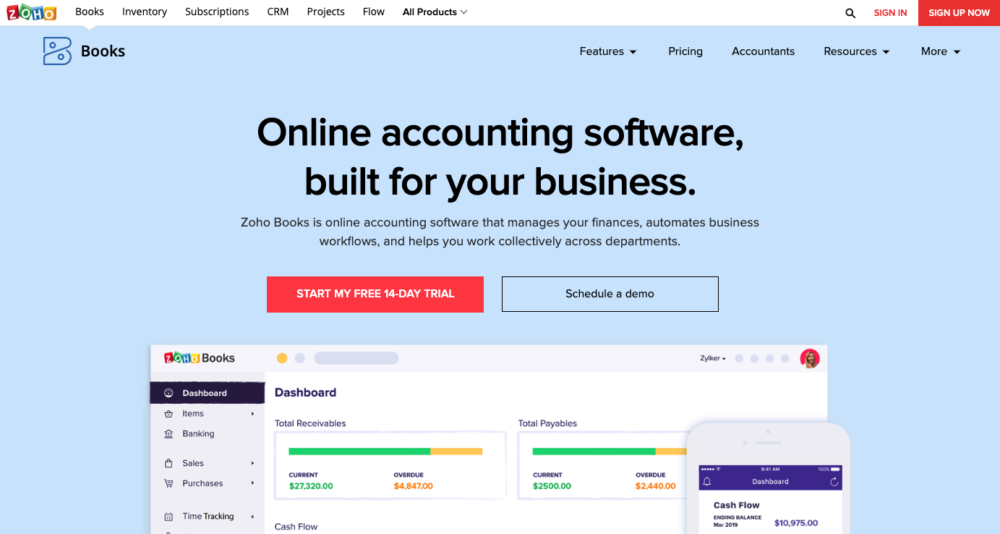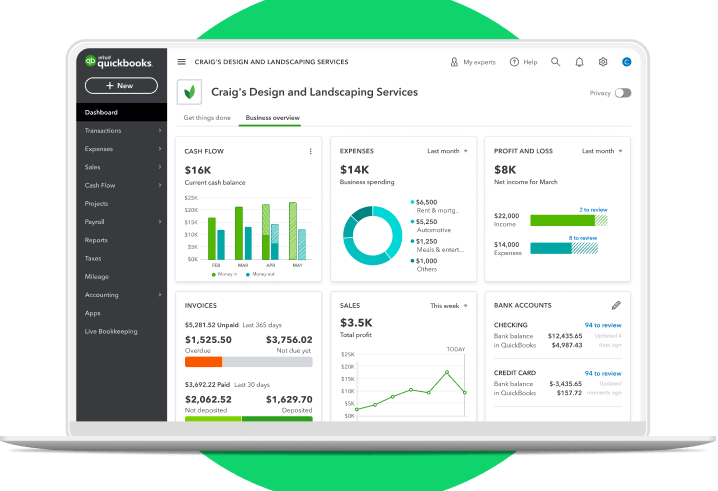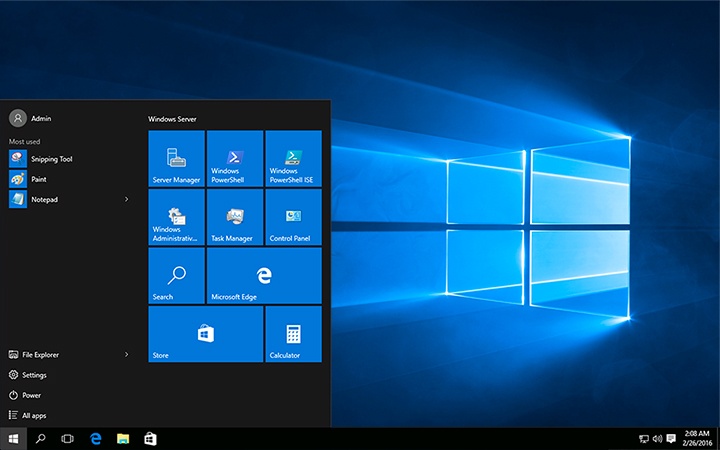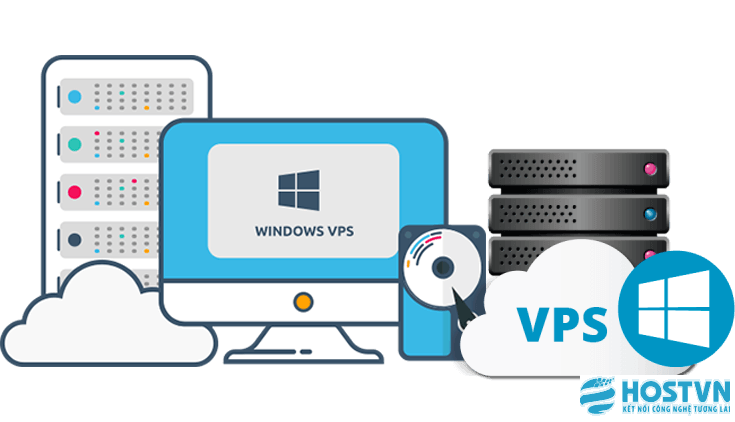The rise of cloud-native development has fueled a surge in demand for the best cloud VPS hosting solutions. While many providers cater to this market, the recent influx of new players has introduced both opportunities and challenges. Developers are now faced with a wider range of choices but also need to be more discerning when selecting a provider that can deliver the performance, scalability, and security essential for their projects.
Toc
- 1. Understanding Cloud VPS Hosting for Web Development
- 2. Key Features to Consider When Choosing the Best Cloud VPS Hosting Provider
- 3. Top Cloud VPS Hosting Providers for Web Developers
- 4. Related articles 01:
- 5. Choosing the Right Cloud VPS Hosting Plan
- 6. Related articles 02:
- 7. Best Practices for Optimizing Cloud VPS Hosting for Web Development
- 8. Frequently Asked Questions (FAQ)
- 9. Conclusion
Understanding Cloud VPS Hosting for Web Development

Cloud VPS hosting, or cloud virtual private server hosting, is a type of web hosting that utilizes virtual machines to provide the necessary resources for websites and applications. This type of hosting is highly scalable, flexible and cost-effective, making it the preferred choice for many developers.
Define Cloud VPS Hosting
Cloud VPS hosting combines the advantages of traditional Virtual Private Servers (VPS) and cloud computing. Unlike shared hosting, where resources are spread among multiple users, cloud VPS provides dedicated resources that can be easily scaled. This model offers web developers the control and customization needed to manage complex applications effectively.
Benefits of Cloud VPS for Web Developers
- Scalability: Cloud VPS hosting allows developers to adjust resources such as CPU, RAM, and storage dynamically. This capability is vital for accommodating sudden traffic spikes or the growth of web applications, ensuring that projects maintain optimal performance. For instance, a website experiencing a surge in traffic during a marketing campaign can automatically scale up its resources to handle the increased load, preventing performance degradation. This dynamic scaling ensures that developers can adapt to changing demands without needing to overprovision resources, leading to cost-efficiency.
- Performance: With dedicated resources and high-performance infrastructure, cloud VPS hosting enhances loading speeds and user experiences, making it a preferred choice for developers. However, performance can be affected by factors beyond the control of the hosting provider, such as network latency or inefficient application code. Developers should optimize their applications and consider using caching mechanisms to improve performance.
- Flexibility: Developers can choose from various operating systems, server configurations, and development tools tailored to specific project needs. This flexibility is crucial for optimizing the development environment.
- Security: Cloud VPS providers typically offer robust security features, including firewalls, DDoS protection, and SSL/TLS encryption. These measures help protect sensitive data and maintain the integrity of web applications. For example, DigitalOcean offers a feature called “Droplet Snapshots” that enables developers to create backups of their server data at regular intervals, ensuring data recovery in case of system failure or malicious attacks. Additionally, many cloud VPS providers offer dedicated security teams who monitor for threats and proactively address potential vulnerabilities, providing an extra layer of protection for web applications.
- Developer-Friendly Tools: Many cloud VPS providers include APIs, integrations, and other developer-oriented tools that streamline workflows and enhance productivity.
Key Features to Consider When Choosing the Best Cloud VPS Hosting Provider

When choosing the best cloud VPS hosting solution, developers should carefully assess several critical features:
Performance and Uptime
- Uptime Guarantee: Look for providers that offer a high uptime guarantee (at least 99.9%). A 99.9% uptime guarantee translates to a maximum of 43 minutes of downtime per month. Reliable uptime is essential for ensuring that websites and applications remain accessible to users.
- Performance Benchmarks: Investigate third-party benchmarks and user reviews to gauge the performance consistency of various providers. This information can be invaluable in selecting a hosting solution that meets your performance needs.
Scalability and Resource Management
- Resource Allocation: Ensure the provider allows for easy adjustments in CPU, RAM, storage, and bandwidth. This flexibility is crucial as project demands evolve.
- Resource Monitoring: Evaluate tools for monitoring resource usage, as they can help identify potential bottlenecks and optimize performance.
Security and Data Protection
- Security Features: Check for essential security measures, such as firewalls, DDoS protection, and regular backups. For example, DigitalOcean’s Droplet Snapshots feature allows developers to create backups of their server data at regular intervals, ensuring data recovery in case of system failure or malicious attacks. These features are crucial for safeguarding web applications and data.
- Data Security Compliance: Ensure that the provider adheres to relevant compliance standards, such as GDPR or HIPAA, depending on your project’s nature.
Developer Tools and Integration
- Developer-Friendly Features: Look for cloud VPS providers that support Git, SSH access, and API access. These features facilitate smoother development processes and integration with popular frameworks.
- Deployment Tools: Consider providers that offer tools to automate deployment processes and simplify management tasks.
Control Panel and User Interface
- User-Friendliness: An intuitive control panel is vital for efficient server management. Evaluate the usability of the provider’s interface.
- One-Click Application Installation: Check for one-click installation options for popular applications, which can save time and effort.
- Monitoring and Management Tools: Look for comprehensive monitoring and management tools that allow for effective oversight of server performance and resource allocation.
Top Cloud VPS Hosting Providers for Web Developers

To guide developers in their search, here’s a look at some of the top cloud VPS hosting providers that cater specifically to web development needs:
DigitalOcean
DigitalOcean is widely recognized as one of the best cloud VPS hosting options due to its simplicity and performance. Its Droplets (virtual servers) come with various configurations, allowing developers to select the appropriate resources for their needs. In addition to its core strengths, DigitalOcean has also been actively embracing emerging trends like serverless computing and edge computing.
Pros: Competitive pricing, high-performance infrastructure, user-friendly interface, robust developer tools, and exceptional customer support.
Cons: Limited managed service options and potential additional costs for backups.
Linode
Linode has a long-standing reputation for providing reliable and high-performance servers. Its Linode Instances come with a diverse range of configurations, suitable for both Linux and Windows environments.
Pros: Consistent performance, a wide variety of server configurations, comprehensive developer tools, and excellent customer support.
Cons: Slightly higher pricing compared to some competitors and a user interface that could be more streamlined.
1. https://banktop.vn/unlock-your-startups-potential-with-ai-project-management-tools/
2. https://banktop.vn/get-started-with-ai-a-guide-to-ai-free-trials-for-developers/
3. https://banktop.vn/the-fastest-web-hosting-for-bloggers-in-2024-a-comprehensive-guide/
4. https://banktop.vn/freed-ai-scribe-the-ultimate-time-saving-tool-for-busy-nurse-practitioners/
5. https://banktop.vn/the-best-podcast-hosting-platforms-for-businesses-in-2024/
Vultr
Vultr focuses on delivering fast and affordable virtual servers. Its High Frequency instances are designed for exceptional performance, making them a compelling choice for web developers.
Pros: Competitive pricing, high-performance servers, a global network of data centers, and a straightforward control panel.
Cons: Limited managed services and a control panel that may require some learning for new users.
AWS EC2 (Elastic Compute Cloud)
Amazon Web Services (AWS) is a leader in cloud computing, and its Elastic Compute Cloud (EC2) service is a robust option for web developers. EC2 provides a wide array of instance types and advanced features like Auto Scaling and Load Balancing.
Pros: Extensive range of instance types, a vast global infrastructure, and seamless integration with other AWS services.
Cons: Steep learning curve, especially for those new to cloud computing, and complex pricing structures.
Google Cloud Platform (GCP)
Google Cloud Platform offers a comprehensive suite of services, including its Compute Engine for virtual machines. GCP is known for its performance, scalability, and integration with Google’s suite of developer tools.
Pros: High-performance infrastructure, strong integration with Google’s developer tools, and competitive pricing.
Cons: A steeper learning curve for newcomers and limited options for control panel customization.
Choosing the Right Cloud VPS Hosting Plan

When selecting the best cloud VPS hosting plan for your web development projects, consider the following:
Key Considerations for Choosing a Plan
Assess Project Needs: Evaluate current and anticipated project requirements, including traffic, resource needs, and security demands.
Consider Budget: Compare pricing plans from various providers to find a solution that fits your financial constraints.
Evaluate Technical Expertise: Determine your comfort level with server management and select a managed or unmanaged plan accordingly.
Read Reviews and Testimonials: Research the reputation and customer satisfaction ratings of potential providers to make an informed decision.
1. https://banktop.vn/freed-ai-scribe-the-ultimate-time-saving-tool-for-busy-nurse-practitioners/
2. https://banktop.vn/unlock-your-startups-potential-with-ai-project-management-tools/
3. https://banktop.vn/get-started-with-ai-a-guide-to-ai-free-trials-for-developers/
4. https://banktop.vn/the-best-podcast-hosting-platforms-for-businesses-in-2024/
5. https://banktop.vn/the-fastest-web-hosting-for-bloggers-in-2024-a-comprehensive-guide/
Explore Free Trials or Money-Back Guarantees: Utilize free trials or money-back guarantees to test the services before committing to a long-term plan.
Performance and Reliability
When weighing your options for cloud VPS hosting, it’s crucial to assess the performance and reliability of the providers. Uptime guarantees are a primary consideration, as they directly impact the availability of your web applications. Look for providers that offer at least 99.9% uptime, as this minimizes potential downtime. Evaluate the hardware and network infrastructure to ensure it aligns with your performance standards, and consider the geographic distribution of data centers, especially if your audience is globally distributed. Opting for a provider with redundant systems and regular performance monitoring can increase the reliability of your deployment, providing your users with a seamless and uninterrupted experience.
Best Practices for Optimizing Cloud VPS Hosting for Web Development

To maximize the effectiveness of your cloud VPS hosting for web development, implement the following best practices:
Optimize Server Configuration
Configuring your server to match the specific needs of your application is vital for performance and efficiency. Implement caching mechanisms such as Varnish or Memcached to reduce server load and improve response times. Fine-tune database settings to optimize queries and data retrieval, especially for applications with extensive database interactions. Utilize lightweight web servers like Nginx or LiteSpeed for faster content delivery, and ensure your server environment is regularly updated to leverage the latest security patches and enhancements. Evaluate resource allocation and adjust CPU, RAM, and storage based on your workload requirements to maintain optimal performance levels.
Implement Security Best Practices
Security is a non-negotiable aspect of web development when using cloud VPS hosting. Start by enabling firewalls to restrict unauthorized access and setting up intrusion detection systems. Regularly update your software, including operating systems and applications, to protect against known vulnerabilities. Implement SSL/TLS for secure data transmission and use strong, unique passwords alongside multi-factor authentication to enhance account security. Back up data frequently to prevent loss from unexpected incidents, and ensure automated monitoring tools are in place to alert you of any suspicious activities in real-time.
Monitor Performance and Resource Usage
Regular monitoring of your cloud VPS hosting environment helps maintain optimal performance and allocate resources efficiently. Utilize monitoring tools like Nagios, Prometheus, or New Relic to track server health, load times, and resource usage. Set up alerts for any unusual activity or spikes in resource demand, allowing you to address potential issues proactively. Analyzing these metrics over time can provide insights into usage patterns, enabling you to plan for capacity and make informed decisions about scaling resources and optimizing budget, ensuring a consistently high-quality experience for both developers and end-users.
Leverage Content Delivery Networks (CDN)
Utilizing a Content Delivery Network (CDN) significantly enhances the delivery speed of your web applications by caching content closer to the end-user’s location. This reduces latency and can lead to faster load times, improving user experience and engagement. When selecting a CDN, prioritize options that integrate seamlessly with your cloud VPS hosting, offering features like automatic load balancing and DDoS protection. Many CDNs provide advanced analytics tools that allow you to monitor traffic patterns and optimize the geographical reach of your content. Implementing a CDN comes with the added benefit of offloading some of the bandwidth pressures on your primary server, enhancing overall performance and resource efficiency.
Frequently Asked Questions (FAQ)
Q: What are the differences between managed and unmanaged cloud VPS hosting?
A: Managed cloud VPS hosting involves the provider managing server tasks like updates and security, while unmanaged plans require you to handle server management yourself.
Q: How can I choose the right cloud VPS plan for my project?
A: Consider your project’s traffic, resource requirements, and technical expertise. Research different providers and their pricing plans to find the best fit for your needs.
Q: What are the benefits of using cloud VPS for web development?
A: Cloud VPS hosting provides scalability, performance, flexibility, security, and developer-friendly tools, making it an ideal choice for web development projects.
Conclusion
Selecting the best cloud VPS hosting solution is vital for web developers looking to enhance their projects with robust performance, scalability, and security. By thoroughly evaluating top providers, considering essential features, and applying best practices, you can identify the perfect platform to elevate your web development endeavors. Remember to assess your project requirements, budget constraints, and technical expertise before making your decision. Begin your search today and unlock the full potential of your web development projects with the right cloud VPS hosting.











